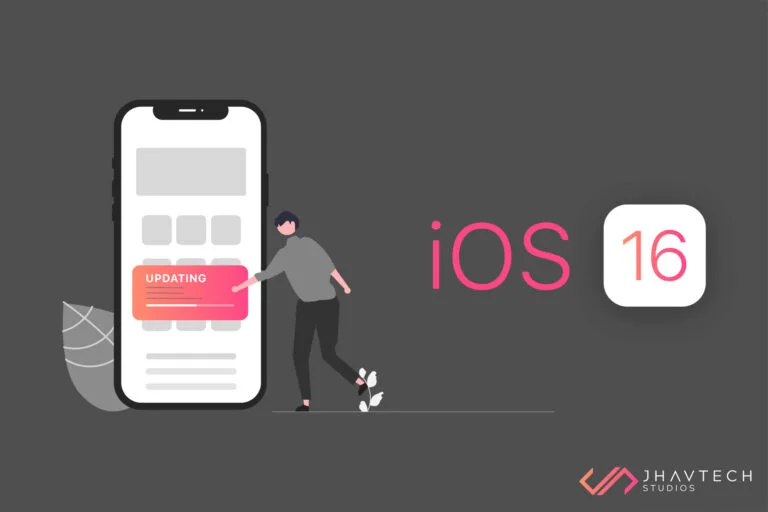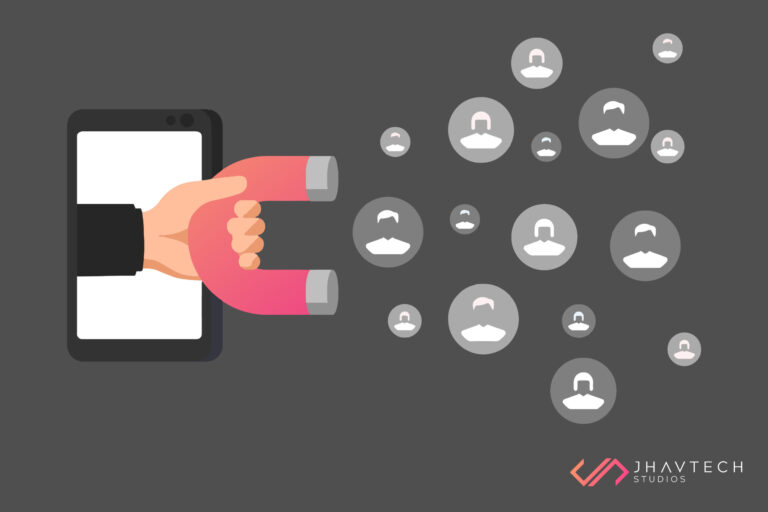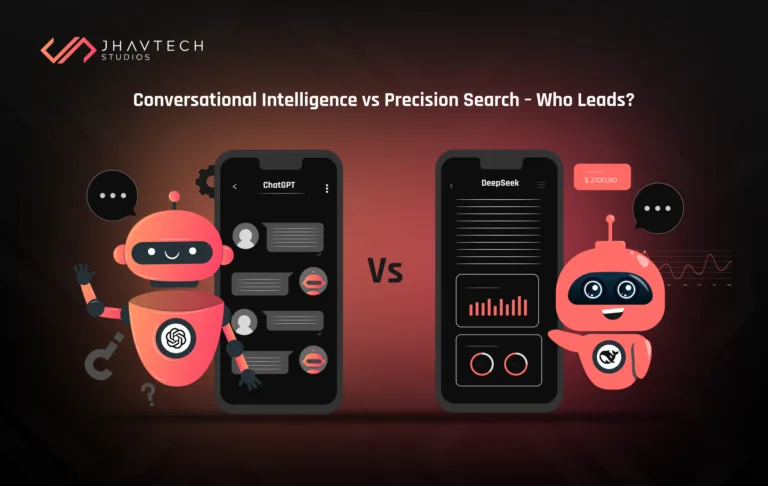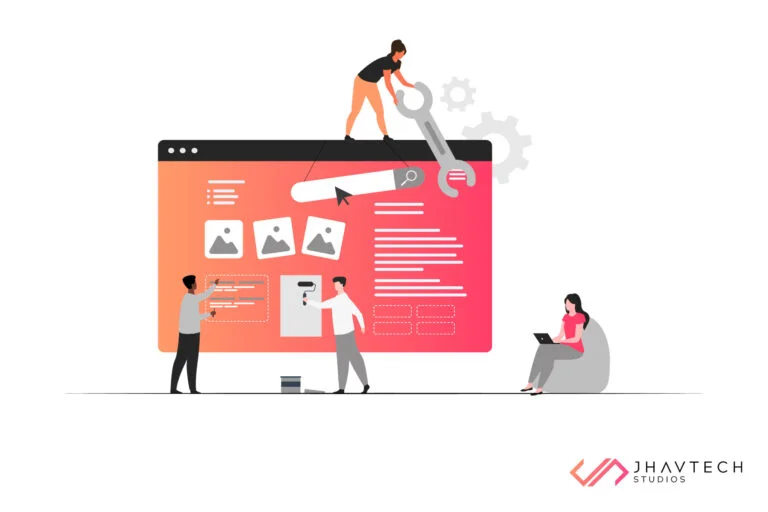It’s the artificial intelligence chatbot that has taken the world by storm, grabbing attention from every tech niche and professional circle. Regarded by many as a tipping point in AI’s 60-year evolution and amassing users at a faster rate than TikTok and Instagram, ChatGPT is revolutionizing different facets of society by using neural networks and deep learning algorithms to produce human-like text.
The phenomenal success of this platform created by Silicon Valley startup OpenAI has already pocketed a $13 billion investment from Microsoft and erased $100 billion from the market cap of Google after it’s Bard chatbot inaccuracy. Everyone seems to be talking about ChatGPT at the moment so it’s no surprise that it’s already the top contender for word of the year in 2023.
But while ChatGPT continues to make headlines, there’s some significant pushback as well. From moral and ethical concerns to legal issues related to privacy, copyright, bias, misuse, and transparency, we’ll take a close look at the biggest problems and controversies surrounding ChatGPT
Cheating and Plagiarism
Colleges and universities across the globe are currently at an inflection point, struggling with dwindling enrollments, growing popularity of educational alternatives, and a declining
perceived value of a degree. Now, ChatGPT is claimed to have compounded these woes. College students have been caught red-handed using it to plagiarize their schoolwork.
In a recent study involving 1,000 students, online course provider Study.com asked them about the use of ChatGPT in the classroom. All the students were over the age of 18 and their responses were startling. 89% stated that they had used the AI chatbot for homework. About 48% admitted that they had already used it to complete a take-home test. More than 50% claimed that they used ChatGPT to write essays, while 22% confessed to having used it for a paper outline.
Furman University assistant philosophy professor Darren Hick also reported catching a student who used the AI chatbot to write a 500-word essay. Hick was able to ascertain that the student used ChatGPT by conducting a series of tests, including the use of software that detects OpenAI text. The student later admitted to using ChatGPT to come up with the essay. Hick noted that because of the learning nature of ChatGPT, it will become smarter over time, making it tougher to identify the text it generates in plagiarism software.
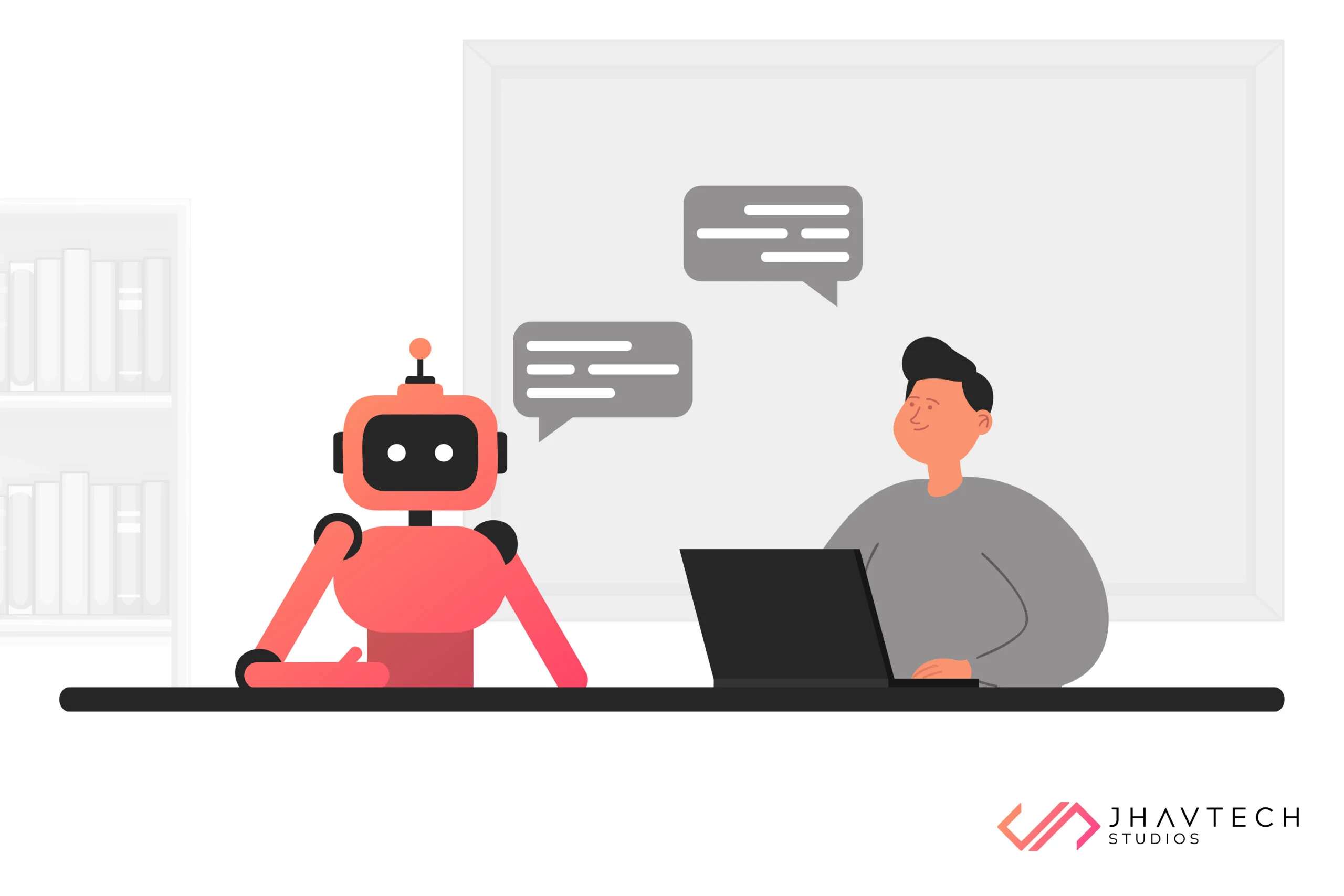
Accuracy Issues
In spite of its immense popularity, ChatGPT has well-documented accuracy issues. Even its creator OpenAI admitted that it has “limited knowledge of world events after 2021,” and it’s susceptible to providing answers with incorrect data if there’s no sufficient information available regarding the subject of the query.
Moreover, recent reports from Futurism and Gizmodo suggest that American media website CNET was using ChatGPT to come up with explainer articles for its Money section but several of the articles were found to have obvious inaccuracies. CNET publishes articles, blogs, news reviews, videos and podcasts on technology and consumer electronics worldwide.
While it still uses ChatGPT to generate articles, a new debate has started with a plethora of questions. Should publications rely on AI to produce content and to what extent? Should publications be compelled to disclose information about their use of AI? Is AI redirecting writers and journalists to more important tasks or is it already replacing them?
Despite the wide scope of topics that ChatGPT can discuss, it is not a good idea to simply trust its answers without checking and verifying them against credible sources. You can’t even cite it for academic writing because its answers are based on patterns, instead of facts and data.
There is No Official Mobile App
As of the time of this post, ChatGPT is completely free and it’s available as an exclusive browser-based program. This means there is still no mobile application for taking ChatGPT while its legions of users are on the go. This has led to the proliferation of copycat apps, including a subscription-based AI app that’s available on app stores at a highly inflated price. A version of the said app on the Google Play Store was immediately flagged and removed.
It’s worse in the Apple App Store where an app known as ‘ChatGPT Chat GPT AI With GPT-3’ managed to pass Apple’s review process and received a huge amount of fanfare and media attention from publications like Gizmodo and MacRumors. The app even asked for $8 for a weekly subscription following a three-day trial or a hefty $50 monthly subscription fee. This was before OpenAI launched its ChatGPT Plus subscription tier. The app was live for at least three weeks, garnering 13,000 reviews, until it was exposed as a price-gouging fake and was removed from the App Store.
In line with these, rumors swirled that that OpenAI has embarked on app development for ChatGPT, but the company has yet to confirm this. In the meantime, the best alternative to a legitimate ChatGPT mobile app is loading the AI chatbot on your browser.
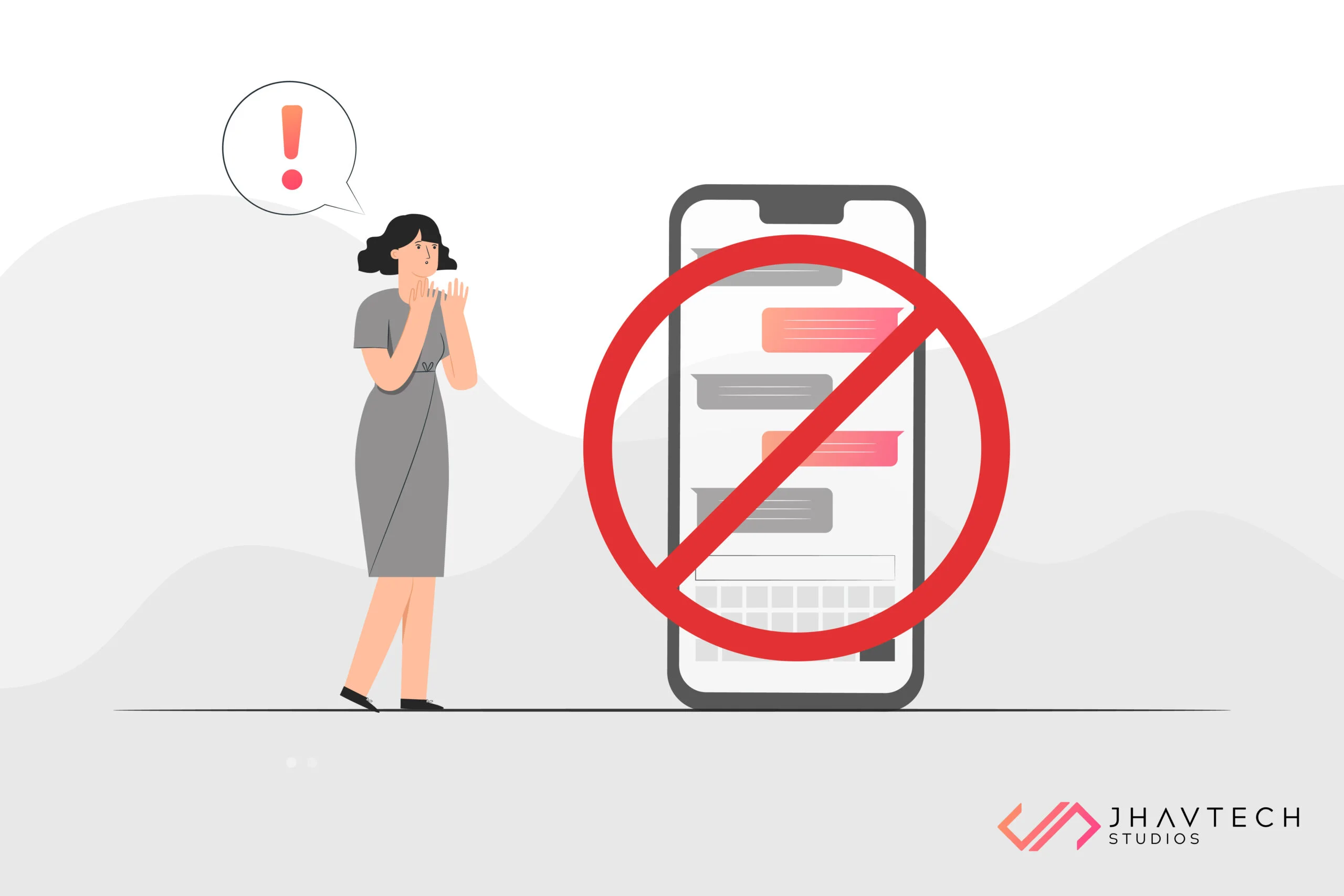
Bias, Racism & Sexism
ChatGPT has likewise been found to have some issues relating to race and gender. Even the CEO of OpenAI, Sam Altman, admitted that their AI chatbot has ‘shortcomings around bias.’ However, other systems similar to ChatGPT have also generated outputs that are factually incorrect, nonsensical, and even racist, sexist, or otherwise offensive. ChatGPT is drawing much flak because of its rapid rise to fame.
Some claim that the issues currently plaguing ChatGPT have been baked into the system because it has been trained according to the collective writings across the globe, both past and present, meaning the same biases present in the data can also emerge in the model. However, the blame doesn’t just lie in the data since the researchers and developers at OpenAI selected the data used to train ChatGPT.
OpenAI said it is working to minimize the biases and will allow users to customize the chatbot’s behavior. It is requesting users to provide feedback on erroneous outputs. ChatGPT even has thumbs-up and thumbs-down buttons that users choose as part of its learning algorithm. In addition, OpenAI stressed that it will improve the clarity of guidelines around controversial and political topics.
Final Thoughts
ChatGPT and AI in general are very interesting and intriguing topics. They will continue to influence how business operate in the future, but it’s not sophisticated enough to replace humans anytime soon. The remarkable features of ChatGPT will be useful to those who are really skilled and detrimental to those who will try to take advantage in the wrong way.
Overall, ChatGPT is definitely more advanced than previous AI large language models. However, there is more to be desired and continuous improvements can be made to consistently provide users with high-quality assistance.
.svg)



